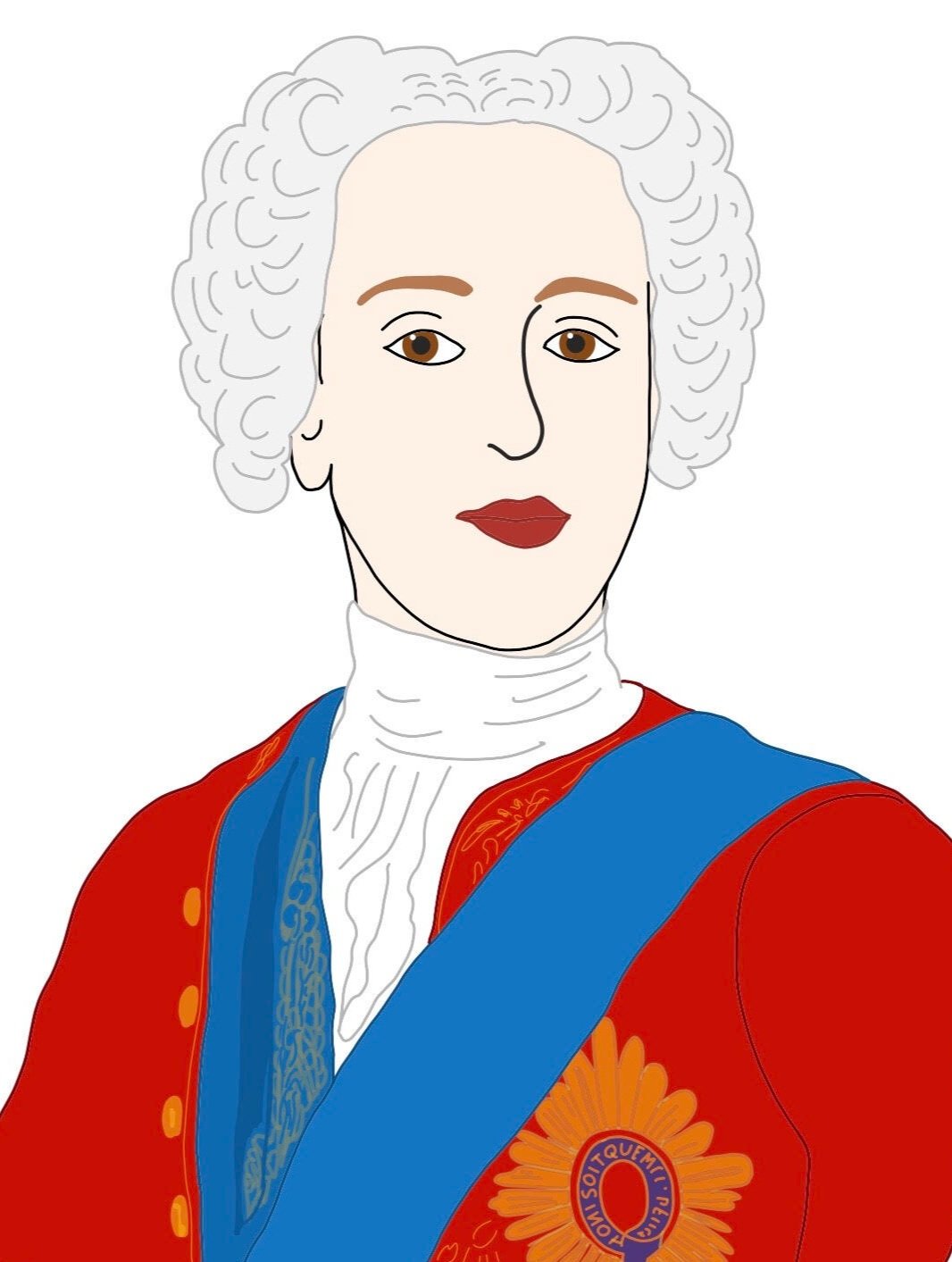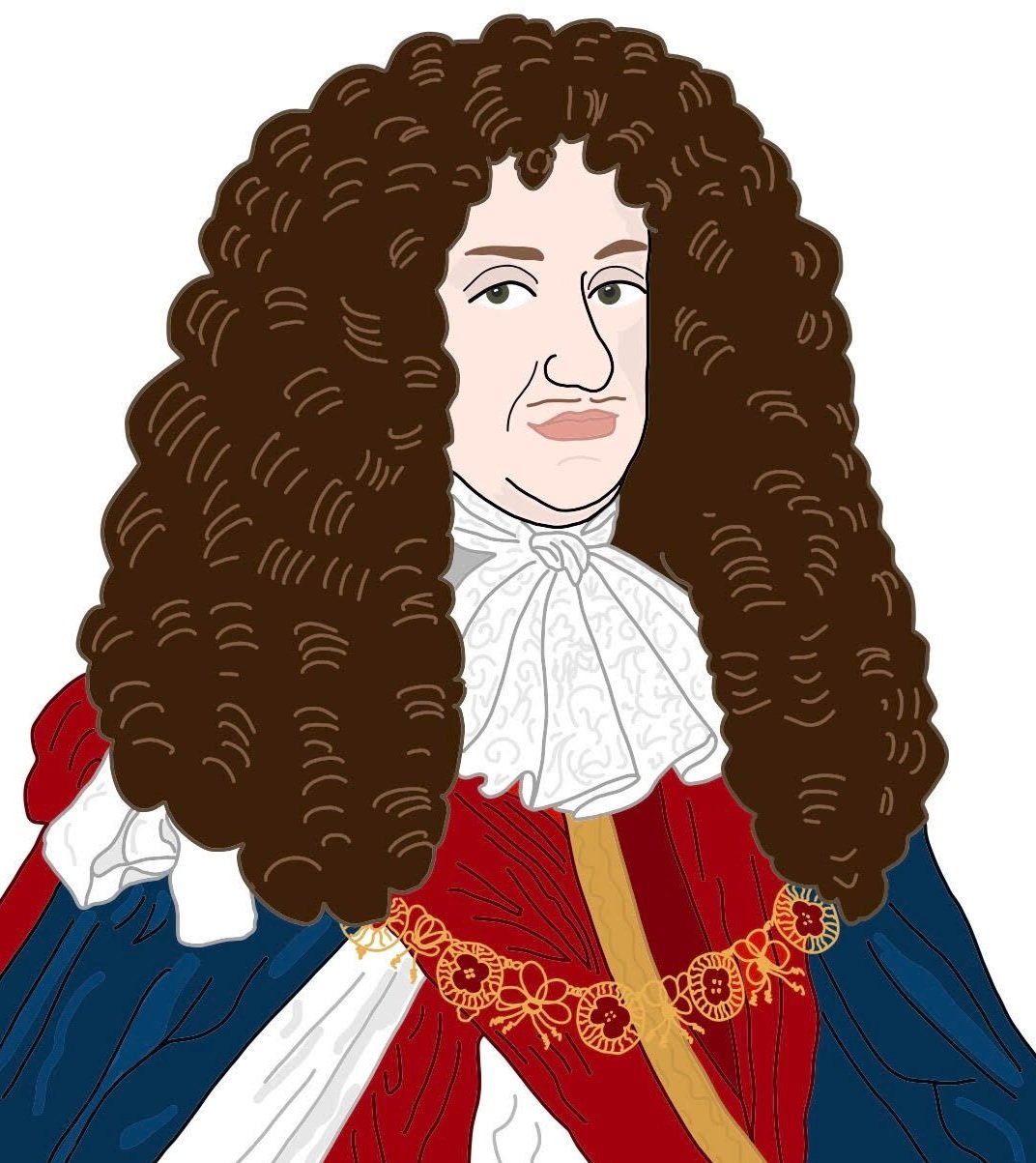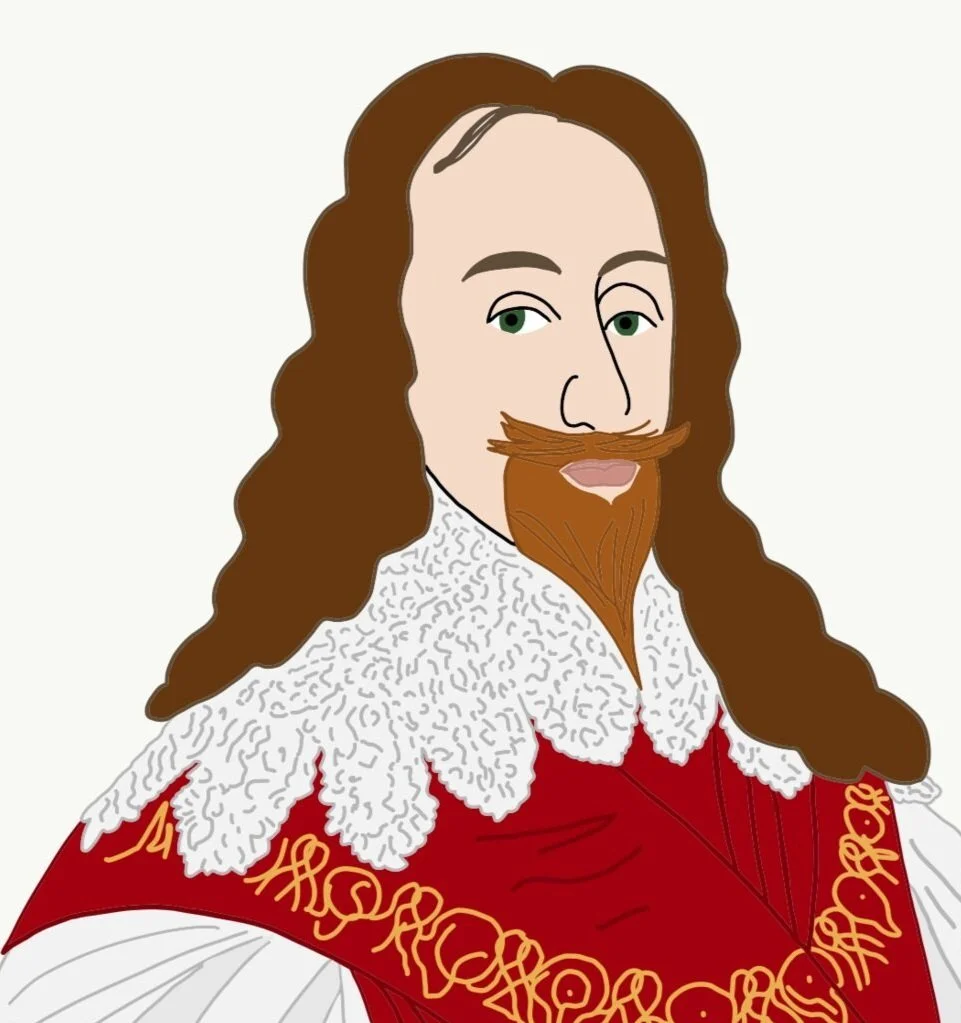December 30th - January 5th
On 30th December…
1460 - The Battle of Wakefield took place during the Wars of the Roses. Richard, Duke of York, was killed and the heavily outnumbered Yorkist forces were defeated by King Henry VI’s Lancastrian army. Richard’s head was displayed at the gates of York wearing a paper crown as a sign of disrespect and mockery at his attempts to take control of England. Following his death, Richard’s eldest son, Edward took up the fight for the right to the throne. Edward went on to become King Edward IV.
On 31st December…
Charles Edward Stuart was born in Rome
1720 - Bonnie Prince Charlie, was born in Rome, Italy. His full name was Charles Edward Louis Philip Casimir Stuart, but he is better known as Charles Edward Stuart or Bonnie Prince Charlie. His grandfather was the deposed King James II of England. Bonnie Prince Charlie led the unsuccessful Jacobite rebellion as a young adult to fight for his father’s right to the English and Scottish thrones.
New Year’s Eve - The day the Western World begins to celebrate the coming of the New Year. Fireworks are lit and displayed in extravagant shows by towns and cities around the world at midnight.
On 1st January…
Happy New Year Happy New Year Happy New Year
Scotland defied England and crowned Charles II as King of Scotland
1651 - King Charles II was crowned King Charles II of Scotland at Scone but by the beginning of September Charles had fled to France for safety. England at the time was without a monarch; it had executed King Charles I, the father of Charles II and was now being ruled by Parliament. Scotland, horrified by the decision to execute King Charles I, had invited his eldest son, Charles, to be its king. England was quite angry at this and began to fight the Scottish resistance defeating them in September at the Battle of Worcester, which is when Charles II decided to flee to France for his own safety. It wasn’t until 1660, nine years later, that England invited him back to be King of England when it restored the monarchy and had a king once more.
Samuel Pepys began to keep a diary
1660 - Samuel Pepys began writing in his diary. In it he wrote about the events of his time including detailed accounts of the Great Fire of London.
On 2nd January…
1727 - James Wolfe was born in Kent, England. He was a commander of the British army and led them to victory in Canada against the French at the capture of Quebec. This victory led to British supremacy in Canada. Wolfe died of battle wounds shortly after hearing of their victory.
On 3rd January…
1957 - The world’s first electric watch was introduced, it ran on battery power and never needed winding up. Until this time people used to keep their watches working by winding them up using the small dial on the side.
On 4th January…
871 - The Battle of Reading took place between invading Vikings from Denmark and an Anglo-Saxon army led by King Aethelred of Wessex. The Vikings won this battle forcing King Aethelred to retreat, but the war was not yet over, and another battle would take place in four days’ time.
King Charles I sent 400 soldiers to arrest 5 men
1642 - King Charles I sent an army of about 400 soldiers to Parliament in order to arrest five men. They were to be arrested because of their petition against the king. The petition was called the Grand Remonstrance and contained over 200 clauses of complaints against the king and his reign. The men had been informed of their imminent arrest and were nowhere to be found.
The English Civil War started shortly afterwards.
1698 - The Palace of Whitehall was destroyed by a fire. It had been the centre of English royal power for 168 years, ever since Henry VIII took it from Cardinal Wolsey in 1530 and turned it into the most magnificent palace in Britain. The fire began when a maid left some sheets drying near an open fire; they caught alight and the fire quickly spread through the timber framed building. It raged for over 15 hours and by the time it had died down all that was left was the Banqueting House which still stands in Whitehall today.
1809 - Louis Braille was born in France. He was left blind after an accident when he was three years old; he had been playing with his father’s tools when one slipped and plunged into his eye. When he was 15 years old, he successfully developed a simplified version of reading and writing for the blind after an exhibition of one at his school.
On 5th January…
Edward the Confessor died without an heir causing a year of chaos
1066 - Edward the Confessor, King of England died. He left no children or heirs, sparking problems for England and Harold Godwinson, the man who claimed the throne upon his death. This would be a year of great change in English history.
Henry VIII is forbidden to remarry but will that stop him?
1531 - Pope Clemens VII forbade King Henry VIII to remarry. Henry wanted to divorce Catherine of Aragon because she hadn’t given him a son, and then he wanted to marry Anne Boleyn. The Pope’s refusal to grant Henry permission to remarry led to the creation of the Church of England.
1922 - The polar explorer Ernest Shackleton died of a heart attack on an expedition to try and circumnavigate the Antarctic.
Amy Johnson and her plane disappeared over England
1941 - Amy Johnson, the British pilot who became the first female pilot to fly solo from Britain to Australia, disappeared whilst flying a plane from Blackpool to Kidlington in Oxfordshire. Her plane crashed into the Thames Estuary and her body has never been found. Her death has remained a mystery.






